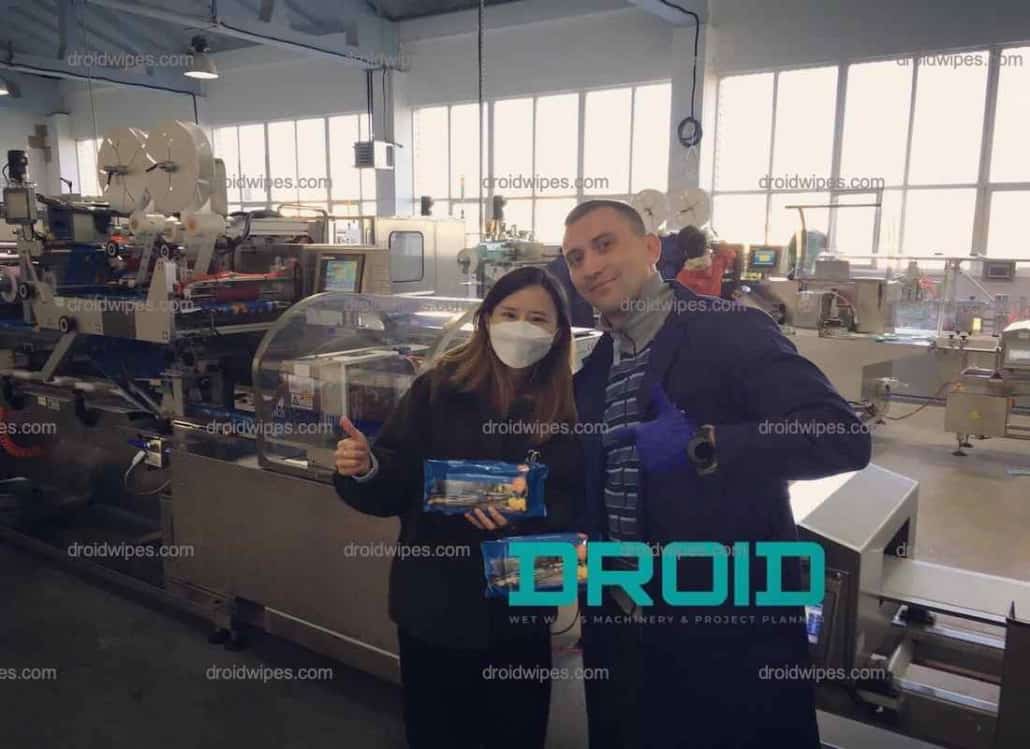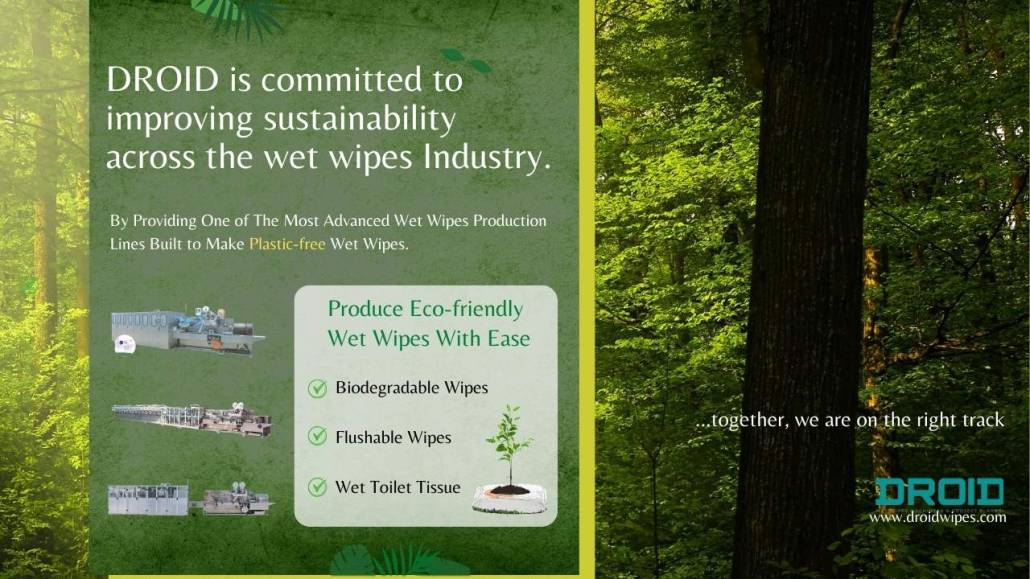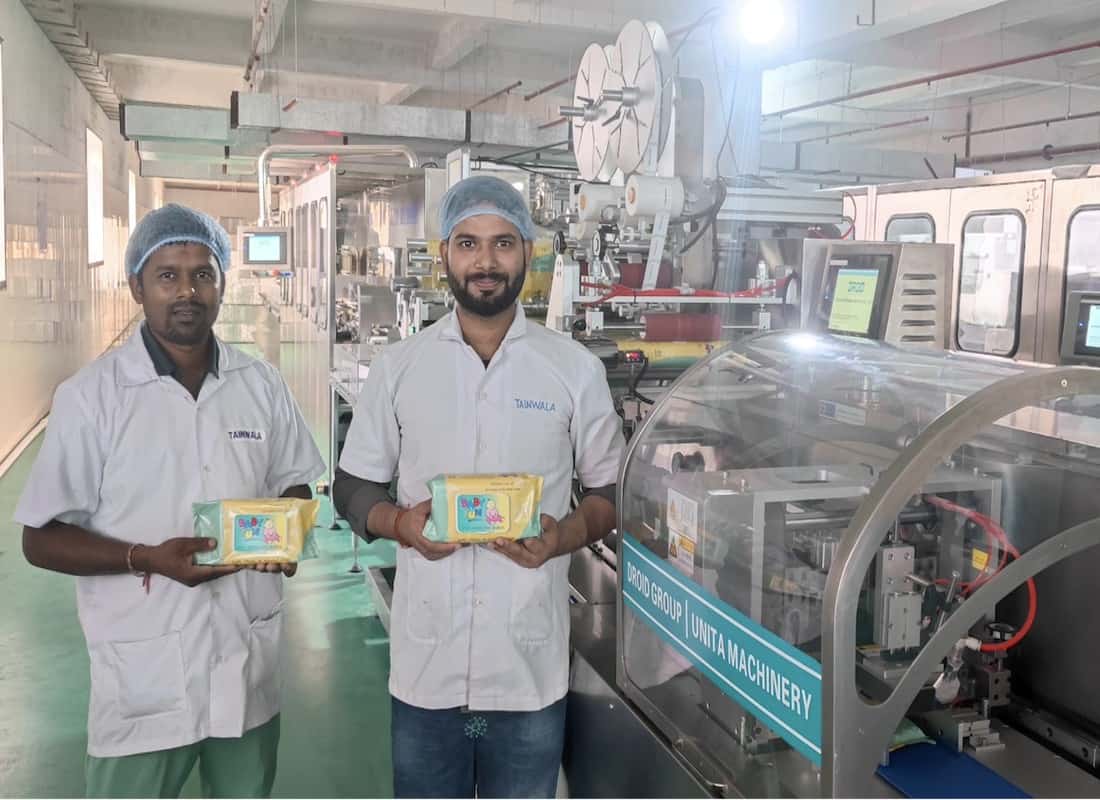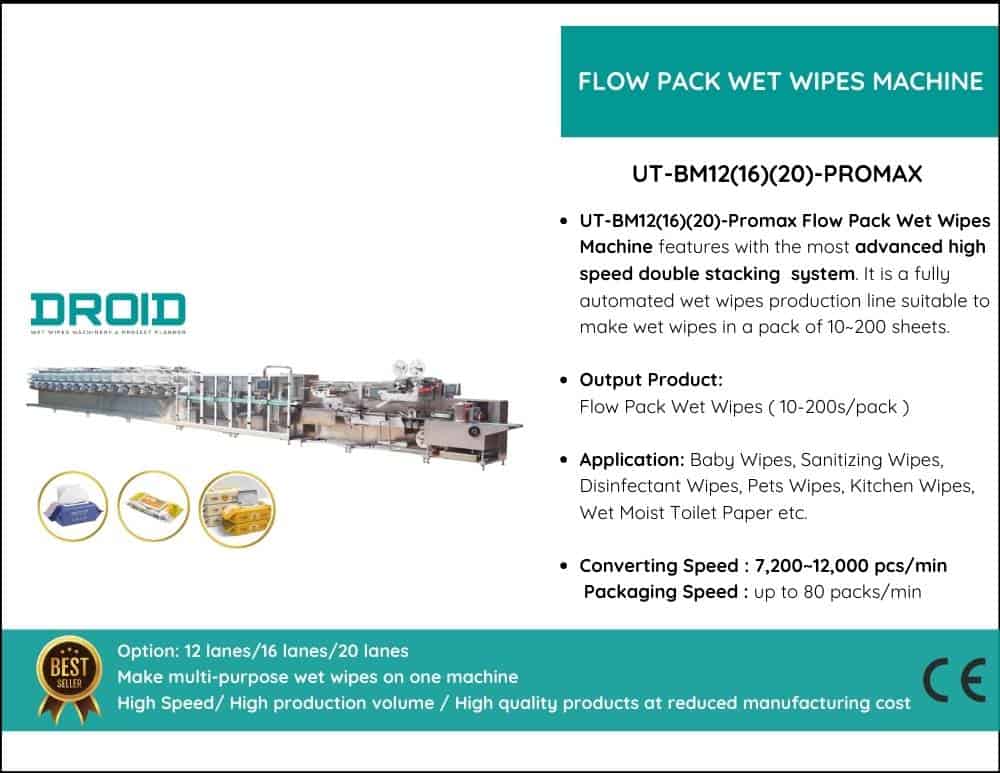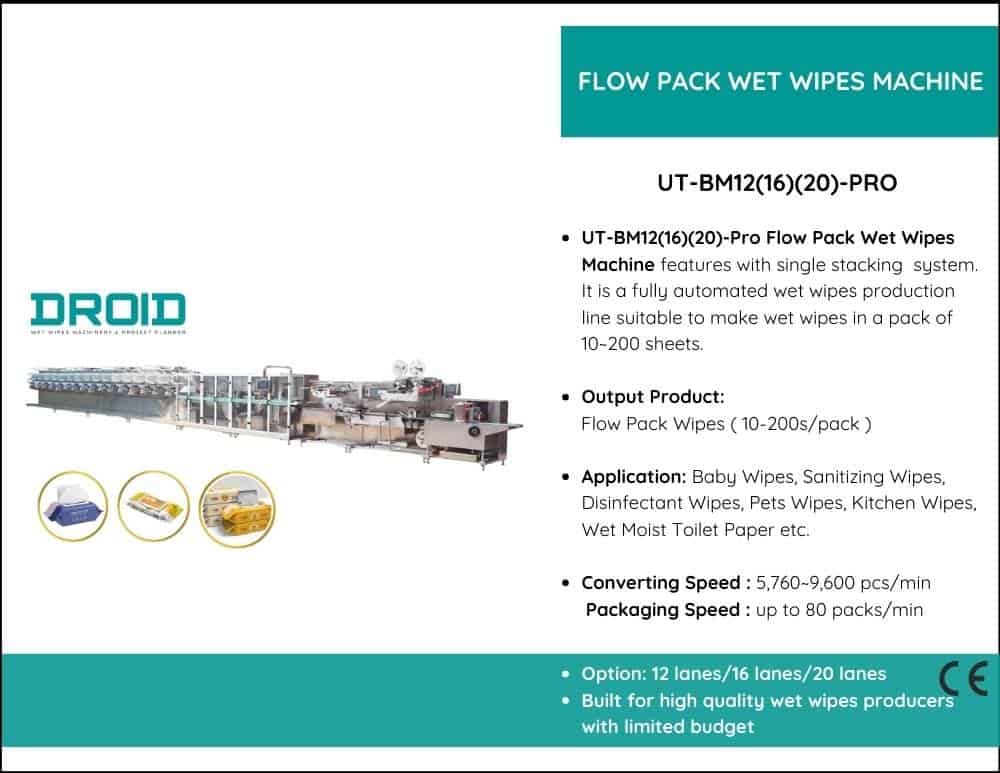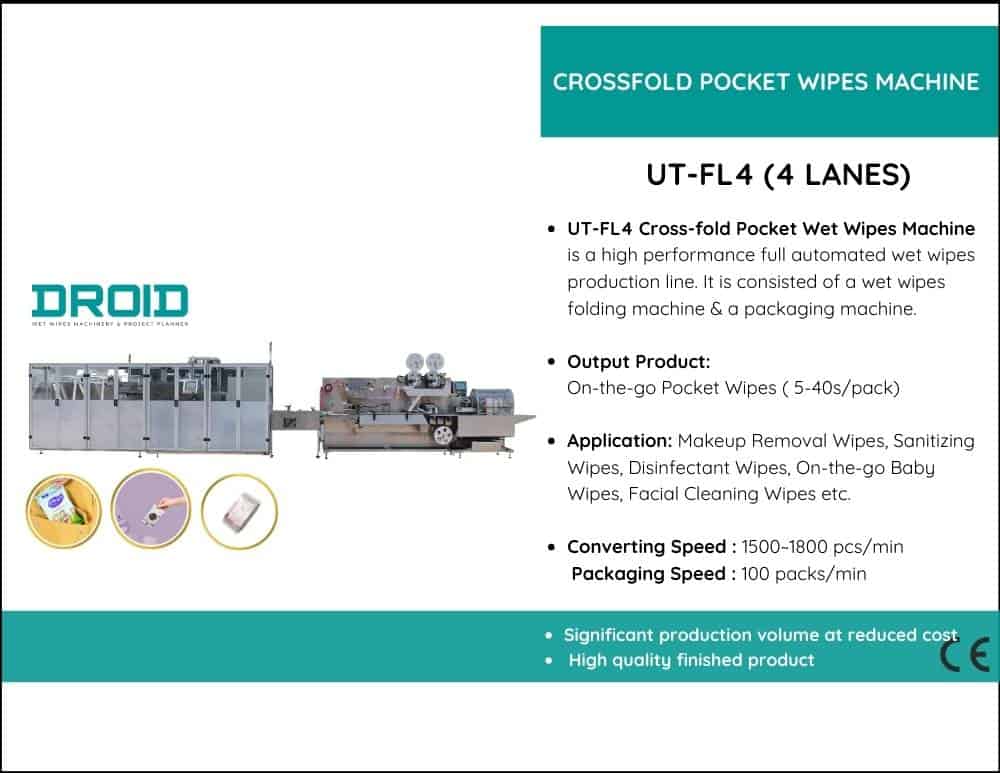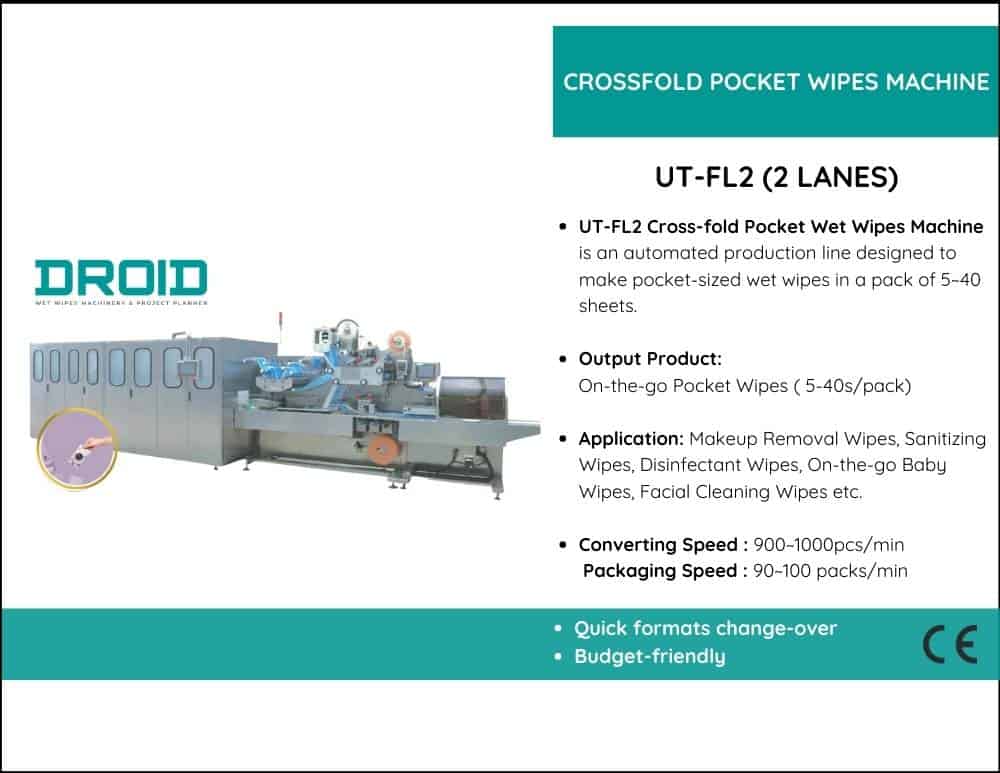The market for wet wipes has changed significantly from its initial emphasis on infant care. The ever-changing requirements and lifestyles of consumers fuel the rapidly evolving and highly fragmented market of today. Every use requires different formulas, sizes, and packaging, ranging from pet care, cosmetics, and industrial sanitation to personal hygiene and residential cleaning. Additionally, consumers are becoming more picky; they want safer ingredients, biodegradable materials, softer textures, and easy forms that work with their hectic schedules.
Because of this variety, producers can no longer rely on a single “one-size-fits-all” product to control the market. Retailers and brand owners are requesting multiple SKUs to target specific sales channels or demographics. Under various brands or private-label agreements, a single business may manufacture baby wipes for supermarkets, antimicrobial wipes for hospitals, cosmetic wipes for beauty merchants, and pet wipes for internet retailers. The nonwoven material, liquid composition, folding pattern, number per pack, and bag size of each SKU differ.
Seasonal marketing, e-commerce specials, and regional rules all cause market trends to change rapidly. A pandemic, a new ingredient trend, or a sustainability movement may quickly alter demand for a product. Manufacturers that depend on strict, single-SKU production configurations in this setting often experience lost opportunities, high changeover costs, and extended downtime.
Those with multi-SKU flexible manufacturing systems, on the other hand, may quickly change course and introduce a new product format or private label order in a matter of days as opposed to weeks. In a market where competition is defined by speed, flexibility, and innovation, this responsiveness not only meets consumer expectations but also generates a strategic advantage.
In the end, businesses that can provide diversity without compromising efficiency—those who see flexibility as the foundation of their production philosophy rather than a technological feature—are rewarded by changing market needs.





